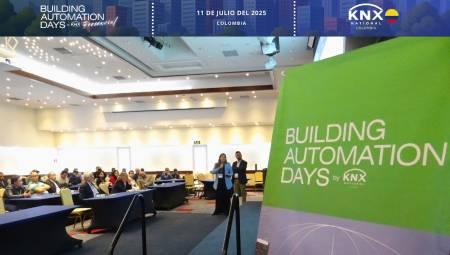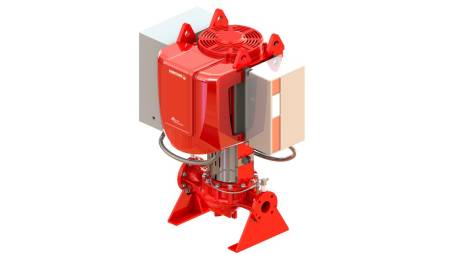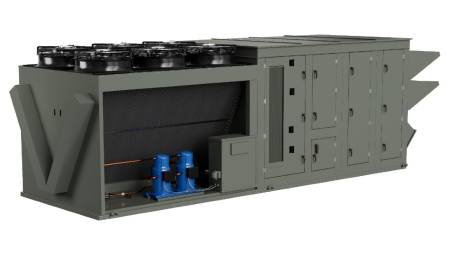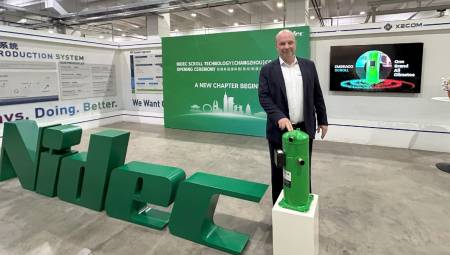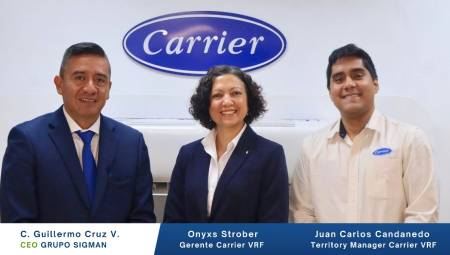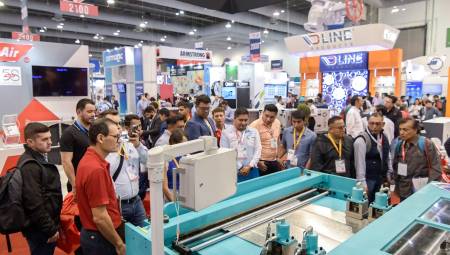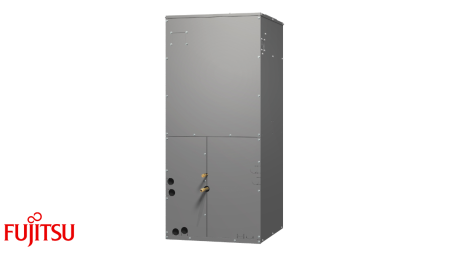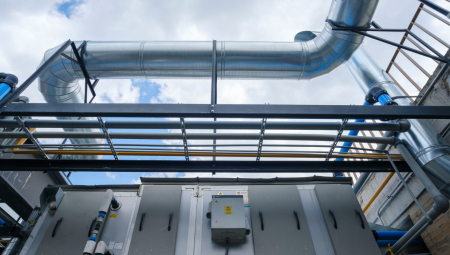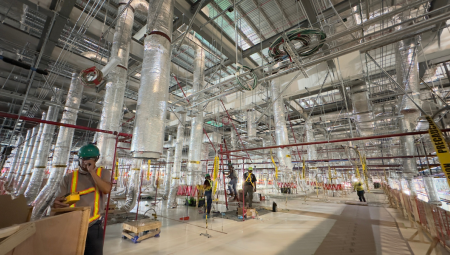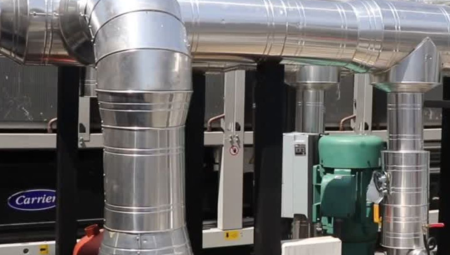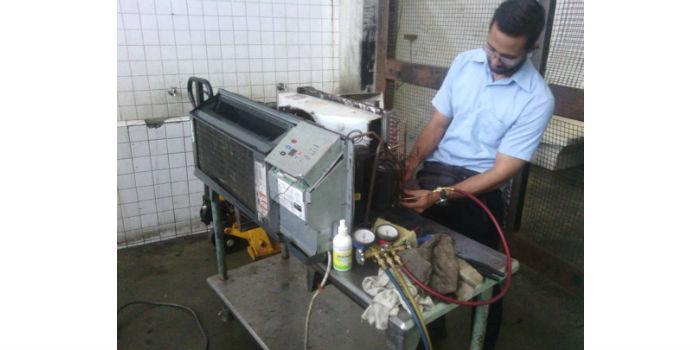 Reliability-Focused Maintenance (RCM) applied to the air conditioning and refrigeration industry.
Reliability-Focused Maintenance (RCM) applied to the air conditioning and refrigeration industry.
By Jimy Danelli*
Currently, work methodologies are being applied to improve the quality of the different companies that offer maintenance services in the air conditioning and refrigeration systems industry, this by virtue of the fact that these systems require constant maintenance that allow the client to preserve the comfort margins, on the one hand, and the appropriate temperatures for the preservation of food and / or inputs in the case of refrigeration.
Reliability Centred Maintenance (RCM) is one more technique within the possible to develop a maintenance plan in a refrigeration and air conditioning industry facility, which has some important advantages over other techniques. Initially it was developed for the aviation sector, where the most appropriate results for the safety of air navigation were not obtained. Later it was transferred to the military field and much later to the industrial field, after verifying the excellent results it had given in the aeronautical field.
The fundamental objective of the implementation of a Reliability Focused Maintenance or RCM in the refrigeration and air conditioning industry aims to increase the reliability of the different facilities, systems and / or equipment, that is, to reduce the downtime of systems and equipment due to unforeseen breakdowns that prevent compliance with the quality margins demanded by customers, such as comfort, in the case of air conditioning systems, and storage temperatures for food and / or supplies for the case of refrigeration.
The secondary but equally important objectives are to increase availability, i.e. the proportion of time equipment and systems are in a position to produce comfort, while decreasing maintenance costs. The analysis of the potential failures of an industrial installation according to this methodology provides a series of results:
- Improves understanding of how equipment works.
- It analyzes all the possibilities of failure of a system and develops mechanisms that try to avoid them, whether they are produced by causes intrinsic to the equipment itself or by personal acts.
- It determines a series of actions that guarantee a high availability of the systems and / or equipment.
Actions to avoid failures can be of several types:
- Determination of maintenance tasks that avoid or reduce these breakdowns. (preventive and predictive maintenance)
- Improvements and modifications in the installation (location in better located sites for maintenance, in sites of better ventilation.
- Measures that reduce the effects of failures, in the event that they cannot be avoided.
- Determination of the spare stock that is desirable to remain in the plant, as one of the palliative measures of the consequences of a failure.
- Operating procedures, both operation and maintenance.
- Training plans (which allow the technician to know the detailed operation of each component of the different systems and / or equipment).
The Seven Key Questions
The RCM is based, therefore, on the manifestation of all the potential failures that an installation may have, on the identification of the causes that cause them and on the determination of a series of preventive measures that avoid these failures according to the importance of each of them. Throughout the process, a series of key questions are raised that must be resolved:
1. What are the functions and operating standards in each system (operating hours, comfort temperatures, etc.)?
2. How does each equipment fail (untimely stops, partial or total failures)?
3. What is the cause of each failure (electrical, mechanical, etc.) components?
4. What parameters monitor or alert a fault (high temperatures, loss of comfort, noise, etc.)?
5. What are the consequences of each failure (loss of comfort, risk of loss of refrigerated food, etc.)?
6. How can each failure (system monitoring) be avoided?
7. What should be done if it is not possible to avoid a failure (strategies for action in the event of a failure, response time, minimal affectation)?
The solution to these questions for each of the systems that make up an industrial installation leads to the determination of potential failures, the causes of these and the preventive measures that will have to be adopted.
Summary of the 10 phases of RCM
The process of failure analysis and implementation of preventive measures goes through a series of phases for each of the systems in which it can be decomposed into the different systems:
- Phase 1: Clear definition of what is intended by implementing RCM. Determination of indicators, and assessment of these before starting the process.
- Phase 2: Coding and listing of all the systems, subsystems and equipment that make up the plant. For this it is necessary to collect schematics, functional diagrams, logical diagrams, etc.
- Phase 3: Detailed study of the operation of the system. Determination of system specifications. List of primary and secondary functions of the system as a whole. List of main and secondary functions of each subsystem.
- Phase 4: Determination of functional failures and technical failures.
- Phase 5: Determination of the failure modes or causes of each of the failures found in the previous phase.
- Phase 6: Study of the consequences of each failure mode. Classification of failures into critical, significant, tolerable or insignificant based on these consequences.
- Phase 7: Determination of preventive measures that avoid or mitigate the effects of failures.
- Phase 8: Grouping of preventive measures into their different categories: preparation of the Maintenance Plan, list of improvements, training plans, operation and maintenance procedures, spare parts list that must remain in stock and provisional measures to be adopted in case of failure.
- Phase 9: Implementation of preventive measures.
- Phase 10: Evaluation of the measures adopted, by assessing the indicators selected in phase 1.
The advantages of rcM application
- The improvement of safety (equipment operating with minimum downtime maintaining the comfort margins demanded by the client).
- The improvement of the environmental impact (allowing the minimum energy consumption with a team working in optimal conditions).
- Increased availability of systems and/or equipment (decreased prolonged shutdowns that may affect comfort or preservation of refrigerated food).
- The increased reliability of the installation.
- The reduction of maintenance costs (optimizing human, material and equipment resources).
- The increase in the knowledge of the installation (which translates into guarantee of quality work).
- The reduction of dependence on manufacturers (allowing technological transfer that becomes independent of manufacturers).
* Jimy Danelli is an air conditioning and refrigeration maintenance consultant. They can write to the email [email protected]



